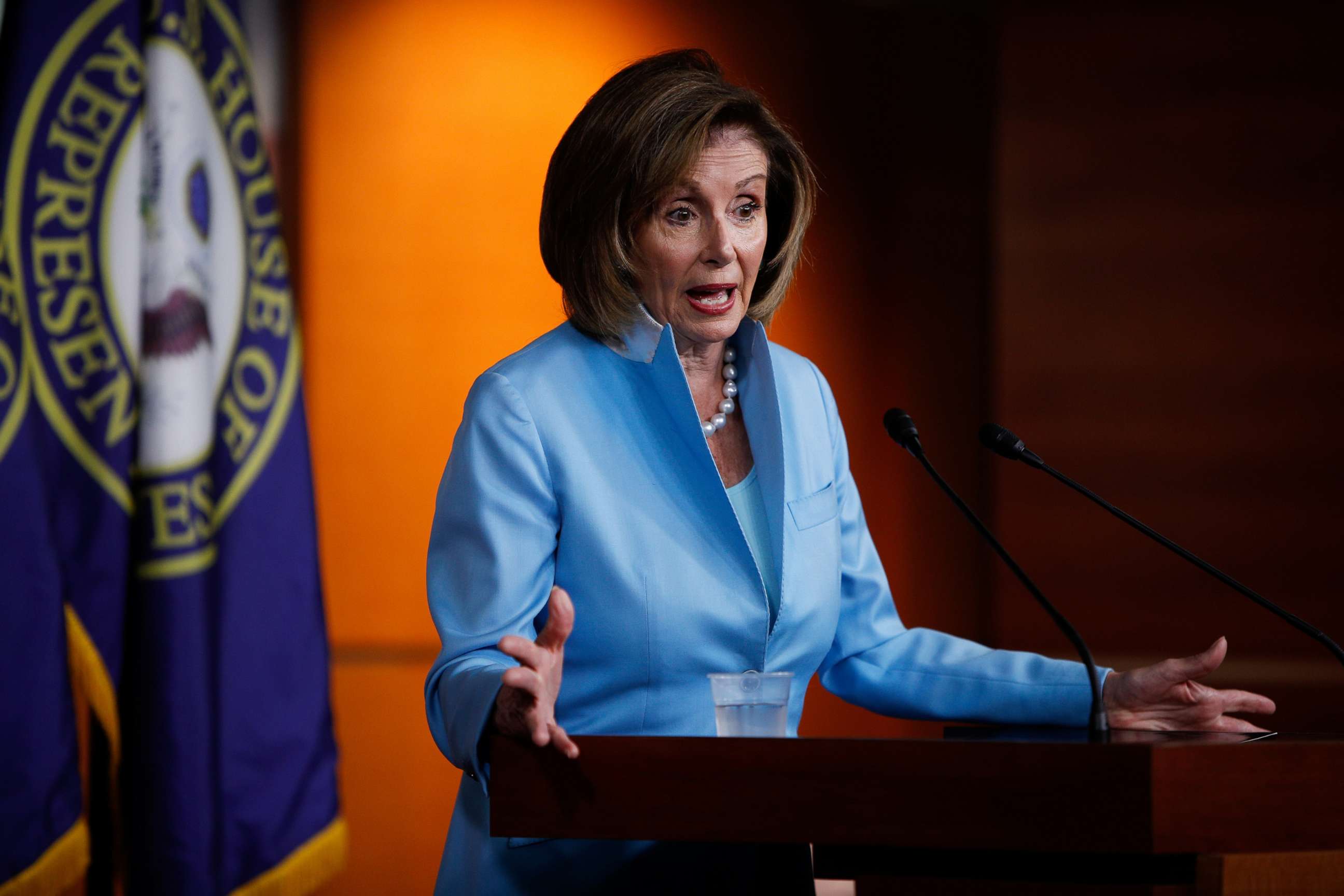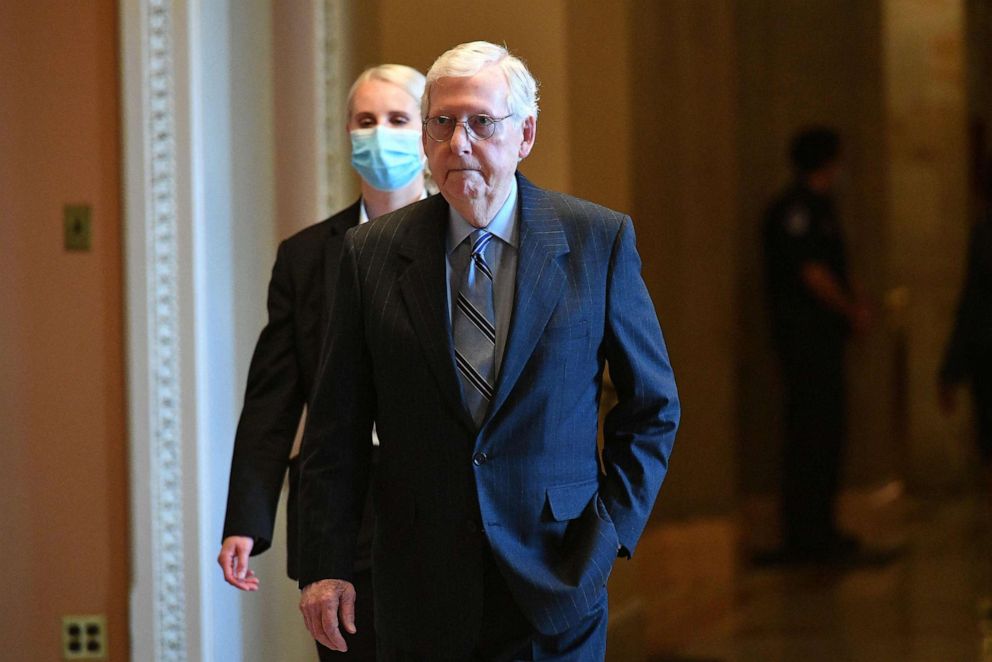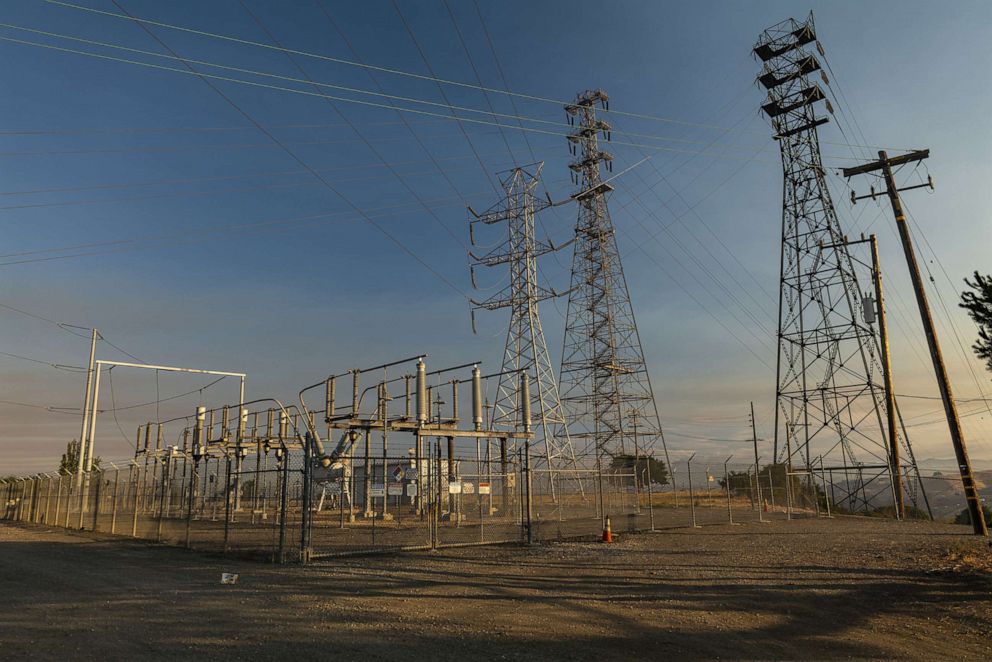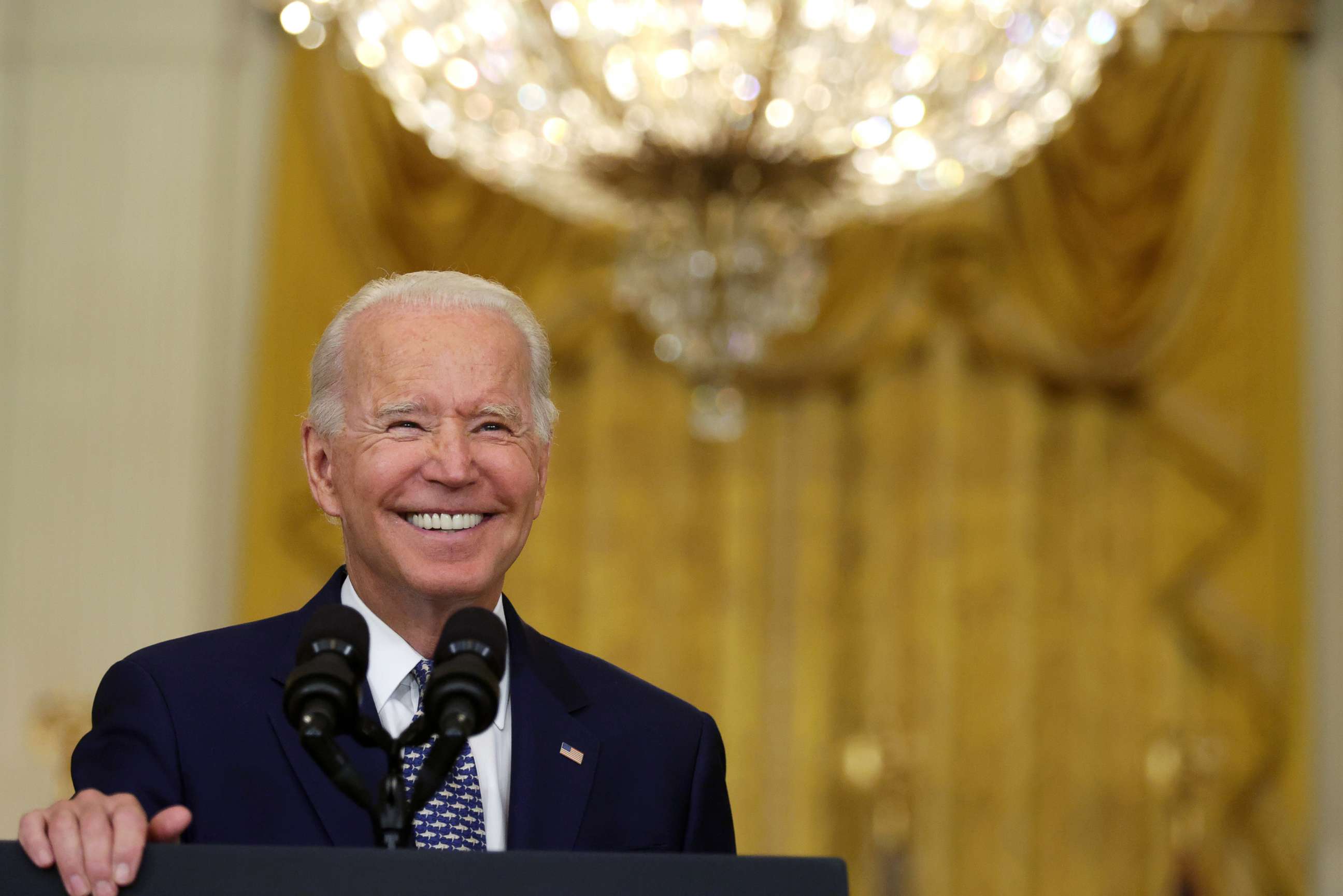Democrats' $3.5T bet on 'human infrastructure' package puts House and Senate on the line: ANALYSIS
Approving trillions on a party-line vote is a big political risk for Democrats.
President Joe Biden and the Democratic Party are on the cusp of one of the biggest and most improbable victories of recent political memory -- a massive investment in infrastructure, social, environmental programs and more designed to validate their theory of governance and rebuild the economy as the nation emerges from the pandemic.
They are also at risk of losing everything. That goes for upcoming votes in Congress, as well as their narrow majorities in both the House and Senate.
Tuesday's Senate vote marked a sweeping bipartisan victory for Biden and his party that belies broader political realities. Nineteen Republican senators -- representing states as red as Idaho, Mississippi, Kentucky and Alaska -- joined all 50 Democrats in approving some $1 trillion in spending on roads, bridges, broadband and power-grid upgrades that would mark the largest such federal investments in decades.
"After years and years of 'infrastructure week,' we're on the cusp of an infrastructure decade that will truly transform America," Biden said at the White House Tuesday.
But the package will go nowhere in the House unless or until a far larger $3.5 trillion social-spending vehicle -- being referred to as "human infrastructure" by some Democrats -- also moves forward. That's not because of Republicans but because of Democrats, under the standard put forward by progressives and endorsed by House Speaker Nancy Pelosi.
The process made an initial advancement when the Senate passed the budget resolution early Wednesday morning, but there are still countless details to come.

But the widely divergent factions of the Democratic Party must be kept together through an arduous series of votes and procedural challenges, as well as intense public messaging and cross-pressures.
It will also mean more new spending -- lots of it. Approving trillions in new federal investments on a party-line vote carries considerable political risk for Democrats in what's already shaping up to be a hostile midterm year.
Going back to the New Deal era, a president's party has lost seats in Congress in his first midterm every cycle except one -- in 2002, barely a year after Sept. 11. Democrats hold just a four-seat margin in the House and control the Senate only because Vice President Kamala Harris is empowered to break ties.
Between redistricting, retirements, inflation, border crossings, crime, changes in voting rights and COVID-19's lingering impacts, the challenges for Democrats are mounting. Republicans haven't been shy in predicting that new taxes and new spending will be the equivalent of previous legislative pushes -- around everything from Obamacare to Social Security privatization -- that produced massive backlashes.
"As soon as President Biden, Speaker Pelosi and Leader (Chuck) Schumer got the keys, they handed them right over to the far left," Senate Minority Leader Mitch McConnell, R-Ky., said on the Senate floor Tuesday.
There's nothing new about McConnell sounding warnings about Democratic overreach. But he made those comments shortly before his final vote in favor the bipartisan package -- a "yes" vote that has confounded much of official Washington.

Former President Donald Trump has been arguing that Republicans were making a mistake in giving even a modest win to Biden. Candidates who hope to run with Trump's blessing -- or at least without his opposition -- have heard that message, in a sign of where they see voter enthusiasm stemming from.
"Now is not the time for bipartisanship in D.C. -- now is the time for fighting the woke liberal agenda," Josh Mandel, a leading GOP candidate for Senate in Ohio, said after the Republican he hopes to replace, Sen. Rob Portman, voted for the bipartisan package.
Democrats hope this cycle will be different. They cite polling that shows broad support for infrastructure investment and steady approval of Biden's leadership, and argue that responsible governance is coveted more than ever in the wake of Trump, as well as the pandemic.

To some strategists, a massive budget deal encompassing universal pre-K, fighting poverty, combating climate change, expanding Medicare and helping "Dreamers" gain legal status represents a chance for Democrats to deliver on a whole host of promises at once.
"Because of President Biden's and Democrats' leadership, jobs and wages are up, unemployment is down and middle-class families are benefiting from a major tax cut," Democratic National Committee Chairman Jaime Harrison said in announcing a nationwide bus tour to tout the party's accomplishments.
Biden tied the bill that passed the Senate on Tuesday to COVID, saying it would make a "historic recovery a long-term boom" as well as prove that government can do important and lasting work.

"We can still come together to do big things -- important things," Biden said. "We proved that democracy can still work."
Walking off the Senate floor Tuesday after presiding over the vote, Harris called it a "good day" and added an implicit reminder of how close Democrats were to not having congressional majorities at all: "Elections matter."
On that point, Harris is correct. That goes for elections that have already happened as well as those just coming into view.



